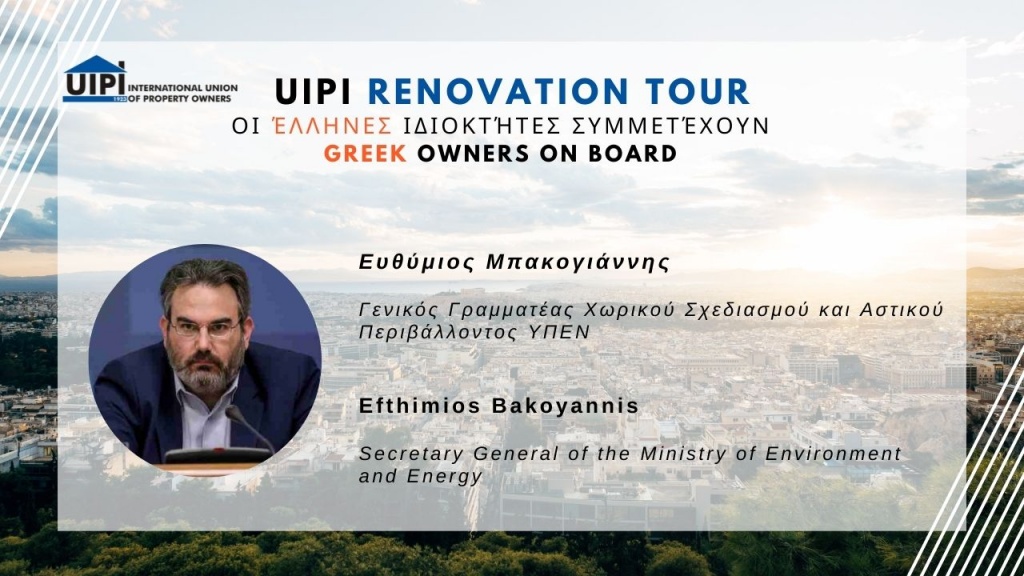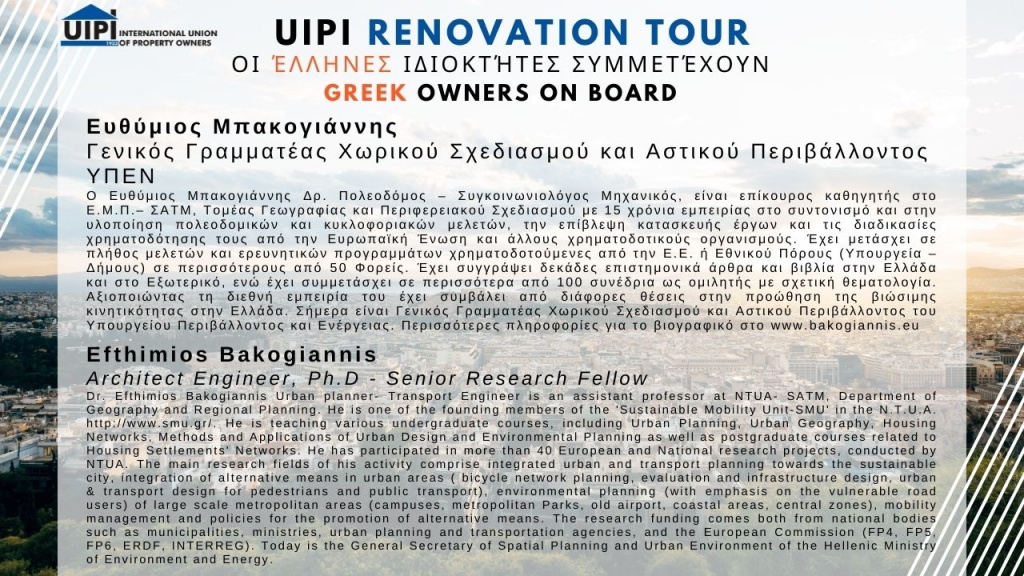Property Day 2019
Condominium Property: A first or second class right?
11 October 2019
Budapest, Hungary
Highlights

Hosted by UIPI’s Hungarian member, the National Association of Condominiums and Condominium Managers (Társasházak és Társasházkezelők Országos Egyesülete — TTOE), the International “Property Day” took place in Budapest on 11 October 2019, fostering an international debate on condominium property , while shedding light on its hidden challenges and possibilities for owners across Europe.
Article I of Protocol I from the European Convention of Human Rights states that “every natural or legal person is entitled to the peaceful enjoyment of his/her possessions”. For every European citizen, rights come with certain duties, yet in the case of condominium property this balance is not always so straightforward. Therefore, “is condominium property a first or second class right?”
The 2019 UIPI Property Day, hosted by the Hungarian Association of Condominiums and Condominium Managers (TTOE), attended by representatives from all over Europe, served as a way to share experiences coming from different Member States in order to identify the common challenges and possible best practices to fully benefit from coownership. The interventions brought to the audience’s attention the multifaceted nature of property rights applied to condominiums. For instance, it has been discussed that in post-Communist countries the transition from public to private ownership has required substantial structural changes in apartment blocks, but it has also entailed a radical shift in mentality and cultural habits.
Meanwhile, in Western Europe condominiums have not undergone such process, but they nonetheless face several challenges even today, mainly because of administrative and legal requirements. In this regard, Avv. Nasini, from Confedilizia provided an insightful overview of Italian condominium law, facilitating a highly interactive and comparative discussion. In conclusion, if we were to respond to the initial question, one single answer would not be possible. Despite the heterogeneous nature of co-ownership, the active participation of all attendees has set the milestone for a more consolidated future debate and quest for sustainable solutions.





